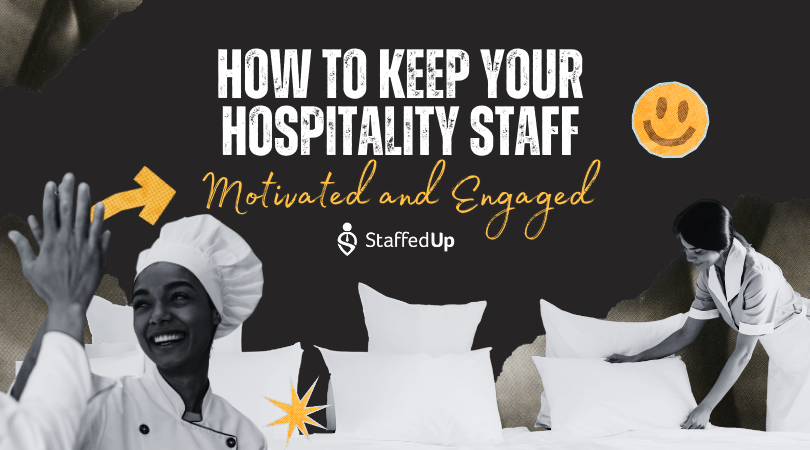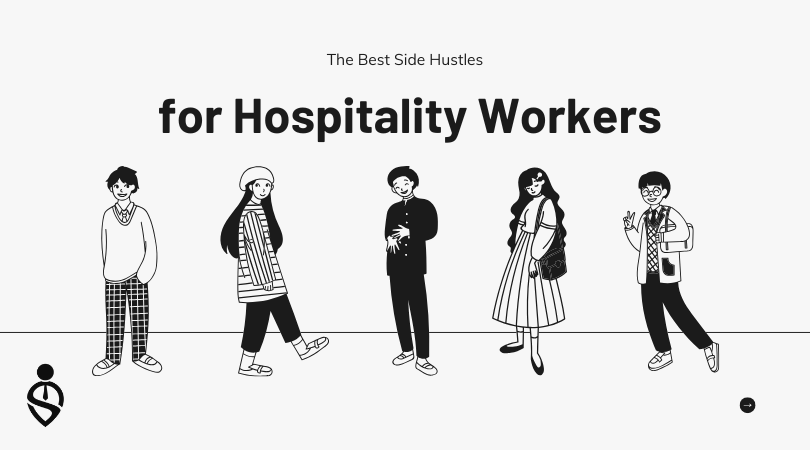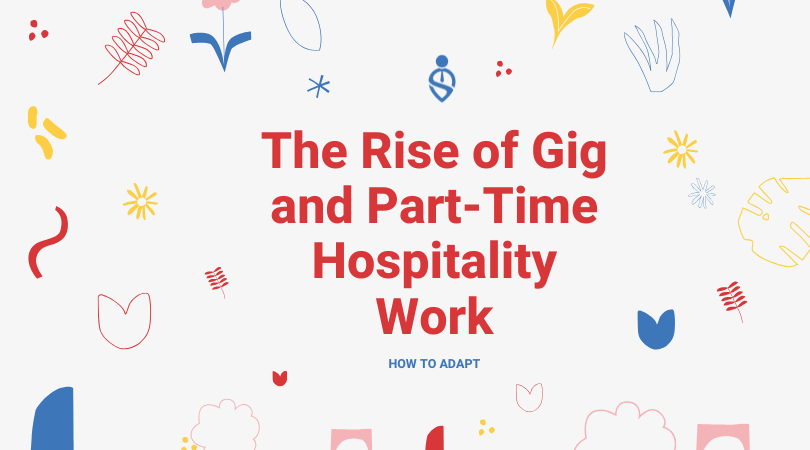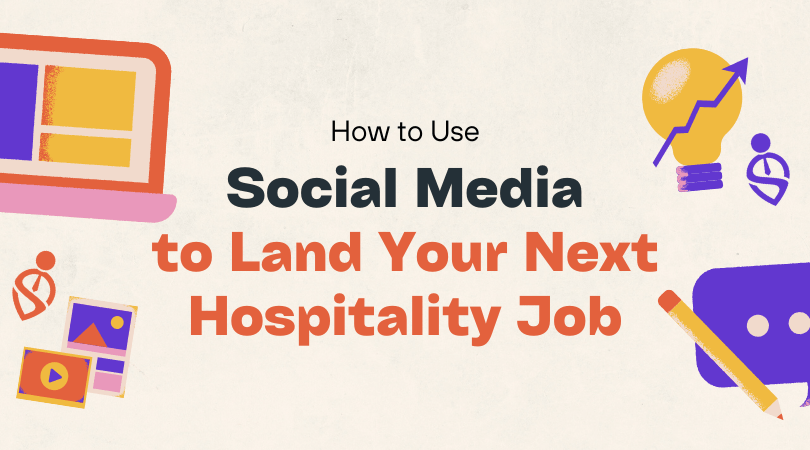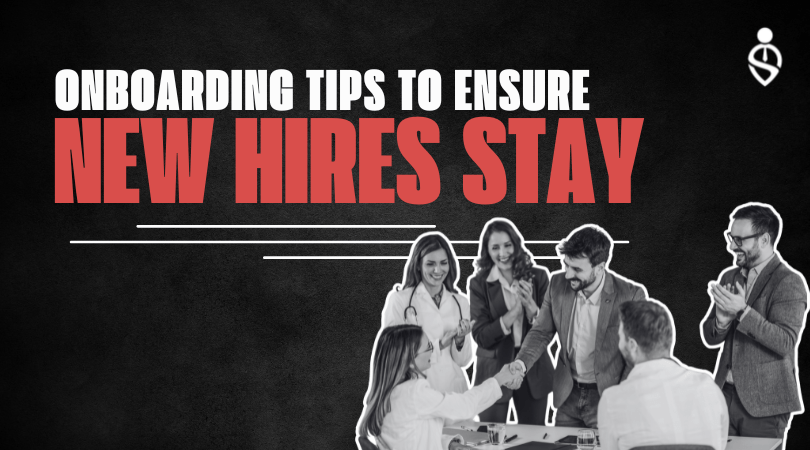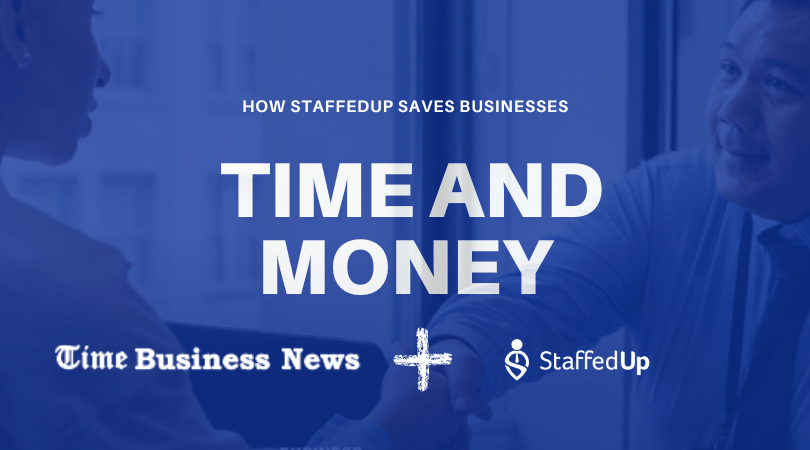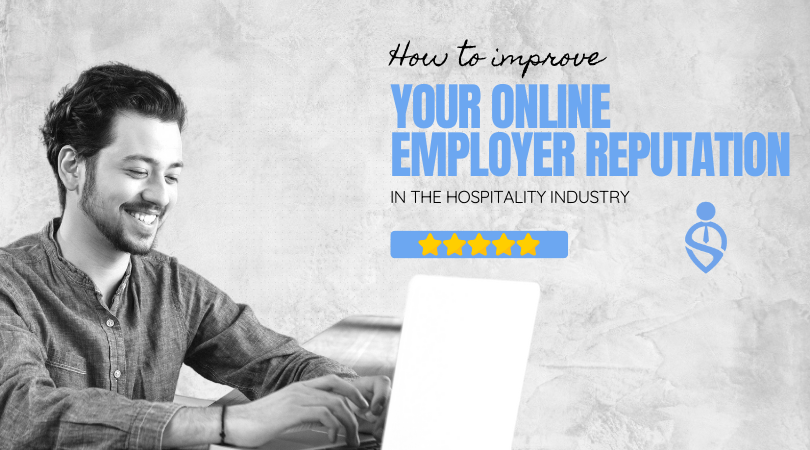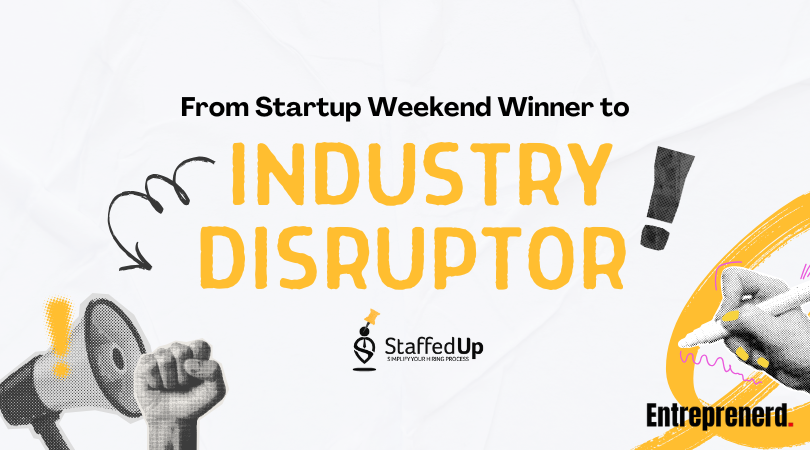The hospitality industry thrives on exceptional customer service, and that starts with an engaged staff. When employees feel motivated and valued, they deliver better experiences for guests, increasing customer satisfaction and repeat business. However, with high turnover rates and demanding work environments, keeping staff engaged can be challenging.
A study by Gallup found that highly engaged employees lead to a 23% increase in profitability. For hospitality employers, investing in engagement strategies is not just good for morale—it’s good for business.
Key Strategies to Keep Hospitality Staff Engaged
1. Foster a Positive Work Environment
Creating a culture where employees feel valued and respected is essential. A supportive team atmosphere, open communication, and clear expectations can significantly improve engagement. Recognizing achievements, whether big or small, reinforces positive behavior and boosts morale.
2. Provide Growth and Development Opportunities
Employees are more likely to stay engaged when they see a future with your company. Consider offering:
- Cross-training opportunities to help employees develop new skills
- Leadership training programs for career advancement
- Educational perks such as tuition assistance or industry certifications
According to LinkedIn’s Workforce Learning Report, 94% of employees say they would stay at a company longer if it invested in their career development.
3. Offer Flexible Scheduling and Work-Life Balance
Hospitality jobs can be physically and emotionally demanding. Providing flexible scheduling, allowing shift swaps, and ensuring employees have adequate rest between shifts can help prevent burnout and keep your team motivated.
4. Incentivize Performance and Loyalty
Recognizing and rewarding hard work can go a long way. Consider implementing:
- Employee of the Month programs
- Bonuses for outstanding service
- Team outings or appreciation events
Small incentives and recognition programs reinforce positive engagement and make employees feel valued.
5. Use Technology to Improve Communication and Operations
Streamlining communication and scheduling through digital tools can reduce workplace stress and keep teams informed. Hospitality businesses that embrace user-friendly platforms for hiring, scheduling, and internal communication tend to have higher employee satisfaction and engagement.
Building an Engaged Staff with StaffedUp
A motivated and engaged staff is the backbone of any successful hospitality business. By fostering a positive workplace culture, offering growth opportunities, and implementing smart engagement strategies, you can retain top talent and create a thriving work environment.
At StaffedUp, we help hospitality businesses streamline their hiring process, making it easier to find and retain engaged employees who are passionate about delivering great service. Visit StaffedUp.com to learn how we can help you build a stronger, more motivated team.
